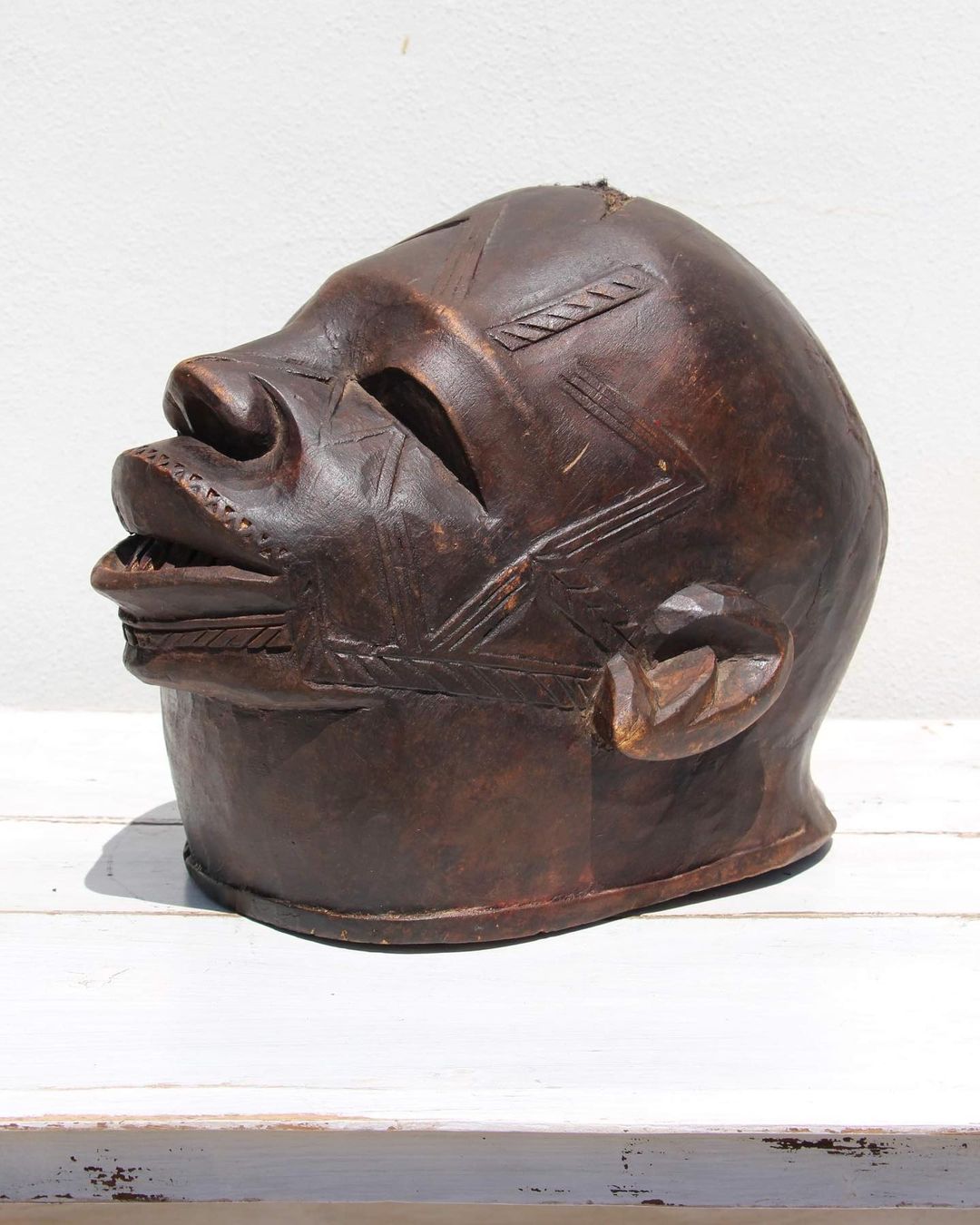Table of Contents
Reasons Why African Art Is Criminally Undervalued
African Art has drawn the attention of the world for centuries. When they arrived in Africa centuries ago, colonists had a keen interest in African art and appropriated numerous pieces.
Thus the various collections still found in museums all over the world. This art mainly was conceptual depictions of life such as African culture and day to day life, often representing the abundance of natural surroundings. Some of this Art was sacred religious and ceremonial pieces, many of which have never made their way back to their rightful custodians.
Nevertheless, if numerous collectors have coveted African art, why has it been criminally undervalued for years? To answer this question, we have to look at the dynamics at play on the African continent. With widespread poverty, the chances of Africans spending money on Art instead of a meal is doubtful. This, in turn, has left a vacuum; without a bustling middle class of note to take up art, artists are left to scrounge for a living. You will find vast collections of art near routes to airports as only foreigners are perceived as the target market. The result is an oversupply of art, leading to criminally low prices.
Also read: Romantic Getaways In Zanzibar That’ll Blow Your Mind Away

African art. [Photo: withregram]
Nature is simply amazing. These hippos at the Ngorongoro Crater in Tanzania are having a nap before darkness sets in which is their official feeding time.
Rise of the Middle class
Fortunately, the slumbering giant knows as Africa is on the rise. With a growing middle-class that has disposable income, spending on the continent has been growing. This spending surge has also found its way to the creative segment resulting in increased interest in art. When a society appreciates its creatives, the quality of work subsequently goes up, and the outcome is highly positive. This is primarily why African artwork began finding its place because Africans are slowly gaining an appreciation of their culture and heritage.
Recognition
African artists have been gaining traction in the global art market, as evidenced by increased auction sales. Nonetheless, these artists continue to be a part of a niche market. Despite the buzz surrounding African contemporary art, it still only makes up a small portion of the global art market.
According to “The Art Market 2018,” worldwide sales of African art accounted for less than 4% of the global market. The United States, China, and the United Kingdom continue to dominate the market since these wealthy nations have more art buyers.
Growth
Contemporary African art is rapidly drawing the increasing interest of investors worldwide, owing to high demand and growing appreciation. Subsequently, this has led to a rise in prices. At the same time, this can irritate some art collectors who had become accustomed to the low prices. This is a testimony to the increasing interest in African artists in foreign markets.
Africans invest in African art
A considerable portion of African art sales at auctions worldwide is thought to come from Nigeria and South Africa. These are Africa’s largest economies, and they should play such a pivotal part in consumption trends. Nigeria and South Africa’s position is strengthened by possessing some of the largest populations on the continent. To sweeten the dynamics, Nigeria and South Africa make up half of Africa’s billionaires, so their importance in financial markets is felt across the continent. Other African countries are also heavily influencing art trends, albeit at a significantly lower rate.

Mozambigue ancient helmet used in the 1930s. [Photo: violettechandelierantiques]
Interest from all over the world
The international recognition of African artists is fueling solo exhibitions abroad, such as the one held by the Brooklyn Museum in 2013 on Ghanaian sculptor El Anatsui, whose “New World Map” sold for a record £541,250 at auction in 2012.
The reason for the sudden interest in African art abroad directly correlates to the rise in globalization. With a substantial diaspora population around the 140million spread worldwide, this group of people is influencing trends where ever they settle. This means People are far more used to seeing art from other cultures in their society.
Social media has also played an enormous role in the marketing of African art across the globe. With a host of creative pages popping up on Facebook and Instagram, African art is now accessible to a broader audience.
A promising future
Africans are warm, friendly, and diverse people, which is reflected in the art on the continent. The buzz surrounding African art is promising; not only is African art beautiful and quintessentially African, but it tells the African story from a different perspective. It is this authenticity that draws people making the art readily marketable. The future is bright for African creative such that African parents need not discourage their children from getting into creative careers.








